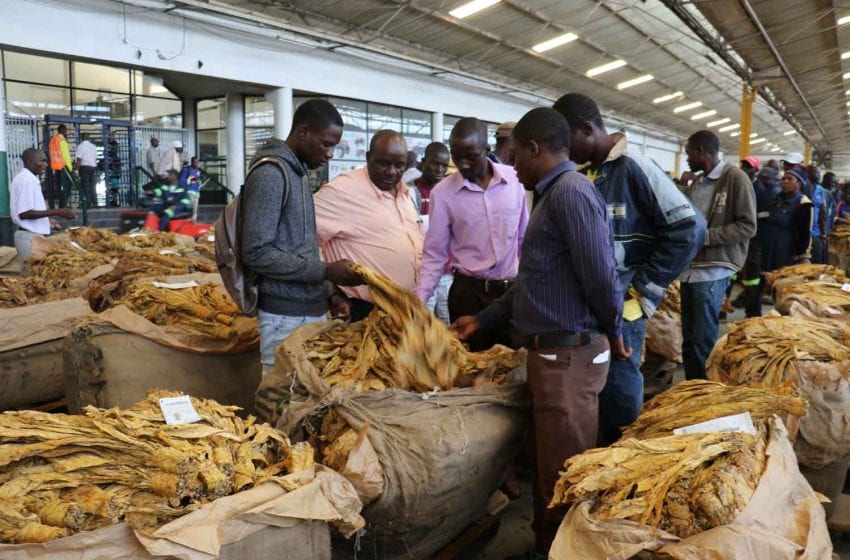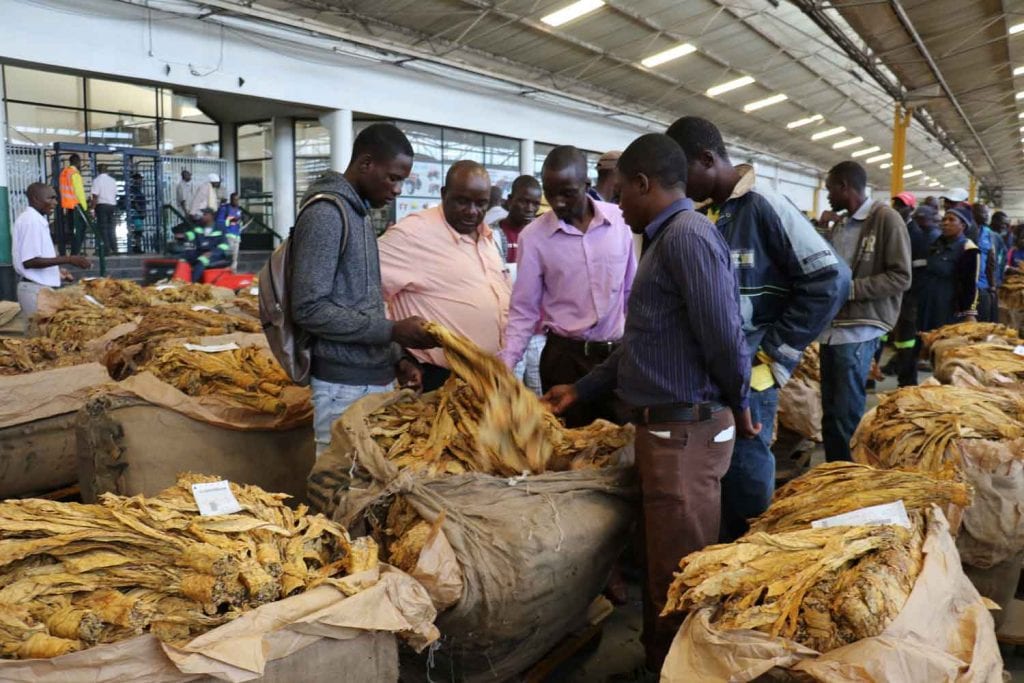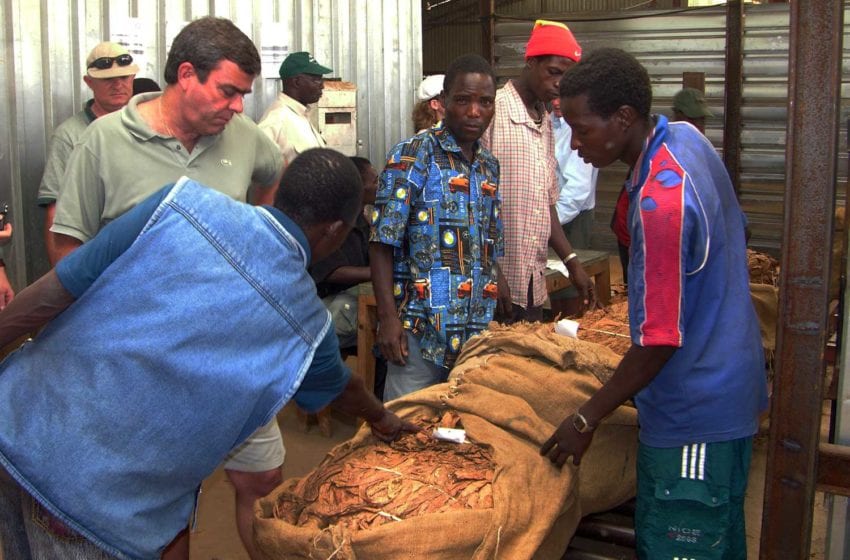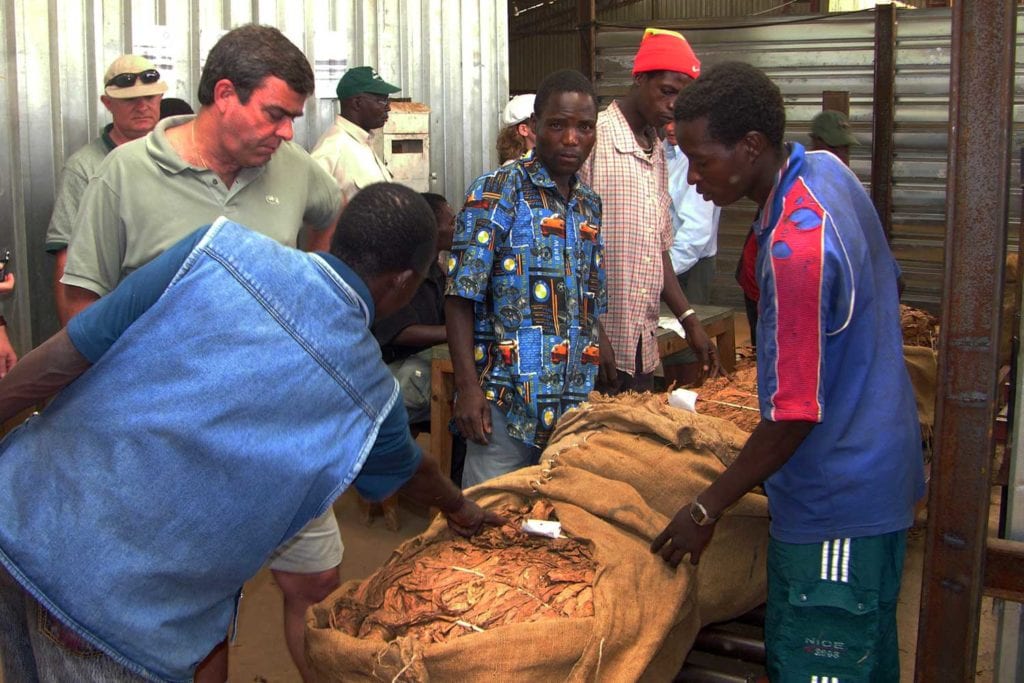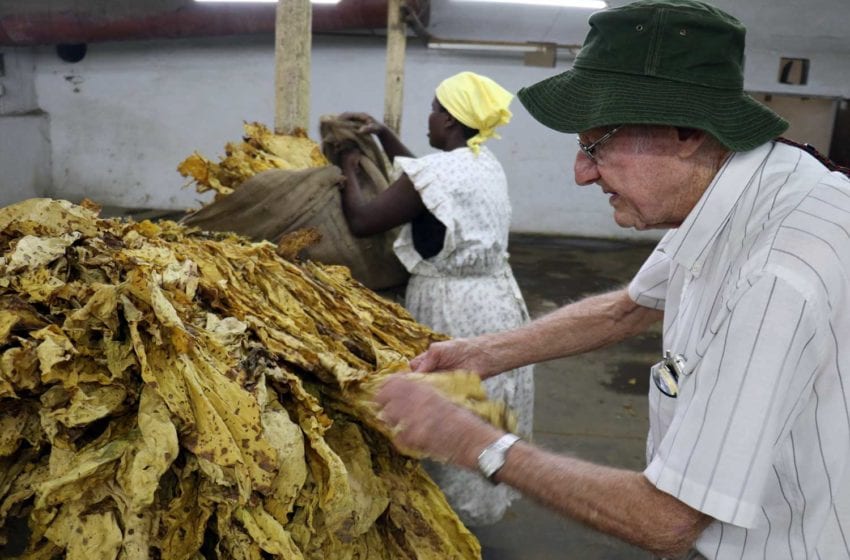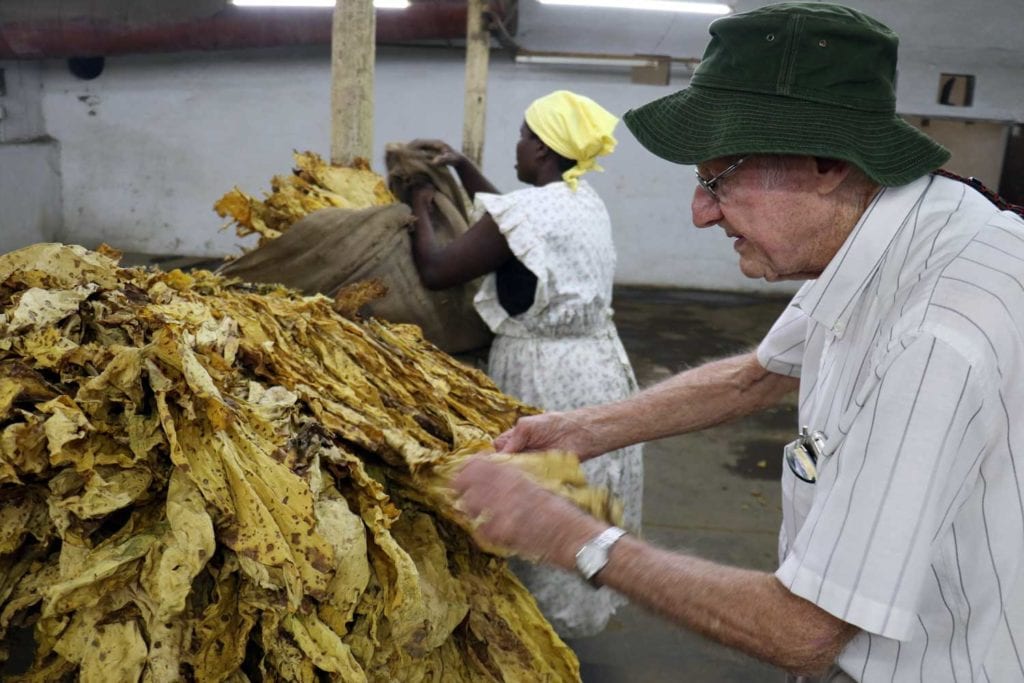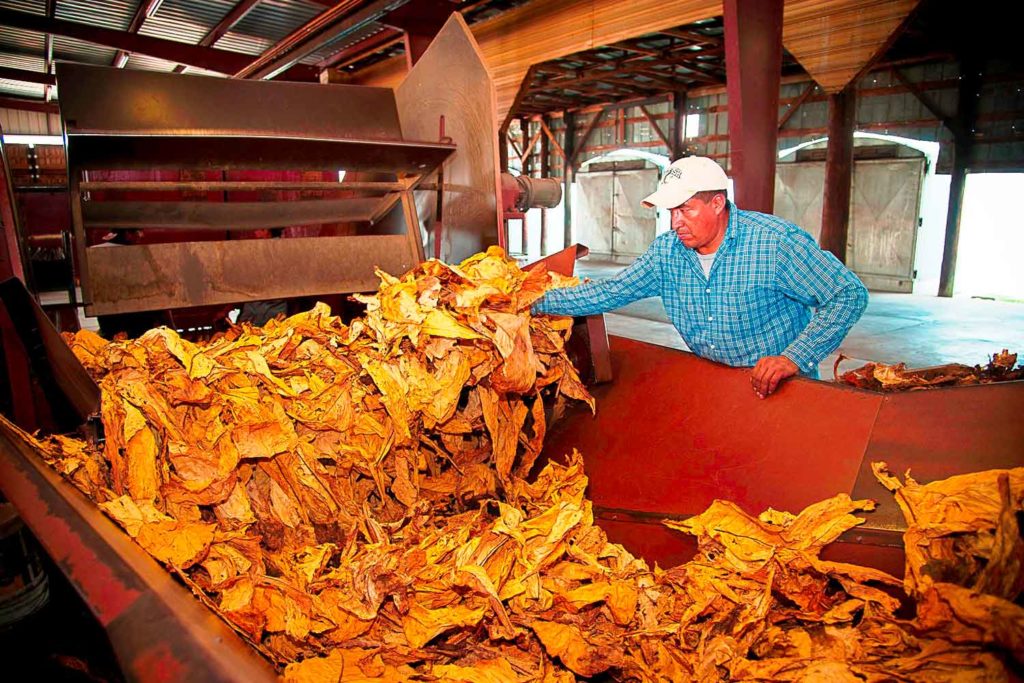
The EU is set to impose new tariffs on American tobacco this week.
In response to a fight over how much aid is given to airplane manufacturers, the EU had indicated about a month ago that it would seek approval from the World Trade Organization for retaliatory tariffs against the United States.
The new tariffs will include a 25 percent tax on American agricultural goods; on that list are “tobacco, nuts and seeds, spirits, sauces, soups and syrups, self-propelled shovel loaders, tractors and proteins,” according to The Wall Street Journal.
The EU is the world’s second-largest importer of U.S. tobacco.
Though the trade war has focused on aviation, American agriculture has been seen by the EU and by China as a particularly vulnerable sector to hit, both for its importance to the American economy and because farmers are generally seen as part of President Donald Trump’s base.
American tobacco farmers are already suffering from tariffs imposed by China as part of an ongoing trade dispute.
EU leaders are reportedly optimistic that President-Elect Joe Biden’s incoming administration will be more amenable to ending the trade wars than the current administration, but with American tariffs on European Airbus planes already in place, the EU felt it had no choice but to institute tariffs of its own.

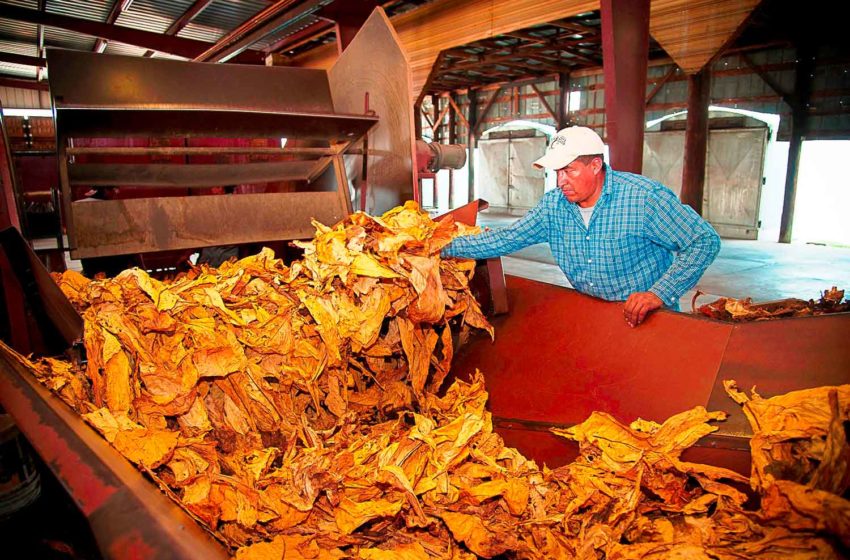




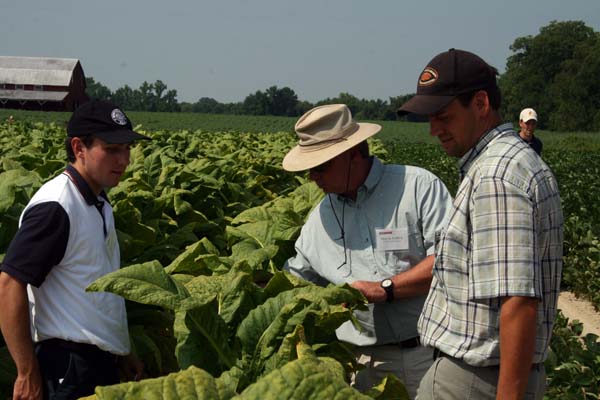
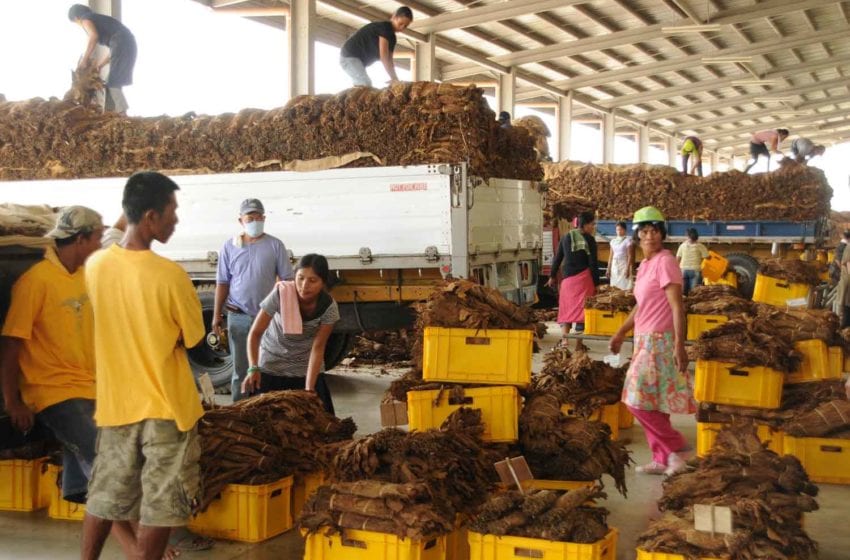
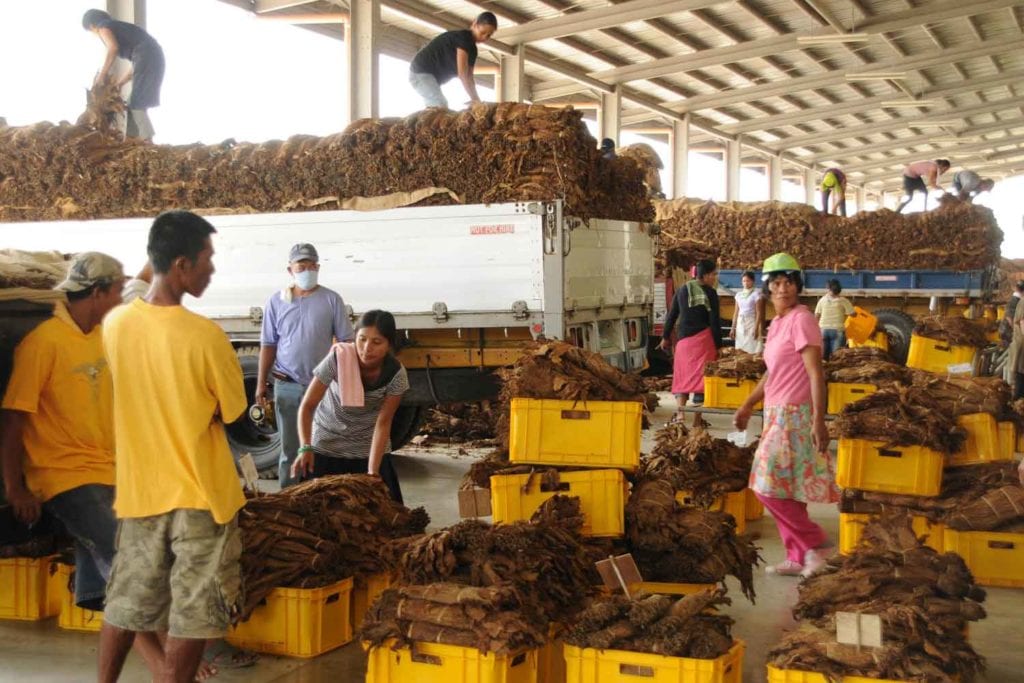
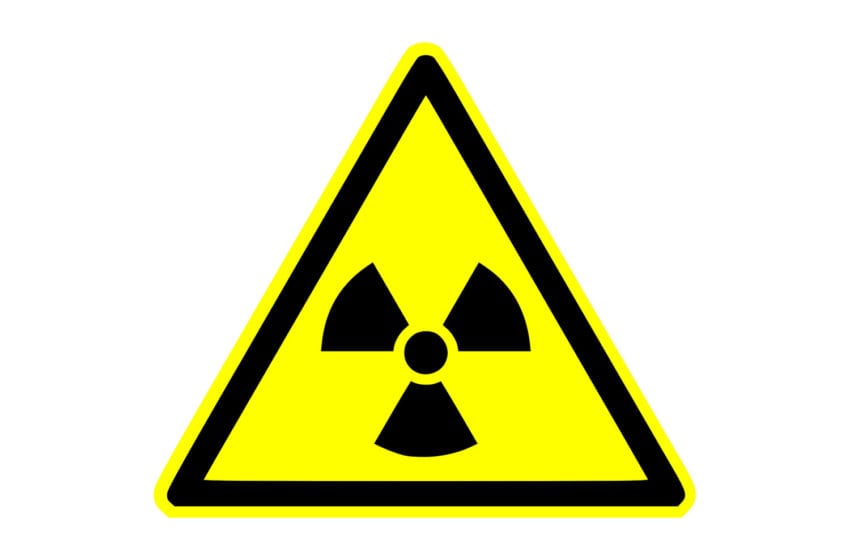
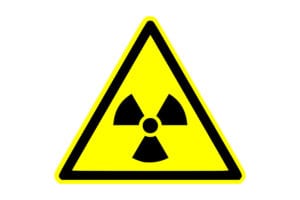 Japan Tobacco (JT) has cleared this year’s burley harvest in Japan for use in its cigarettes.
Japan Tobacco (JT) has cleared this year’s burley harvest in Japan for use in its cigarettes.